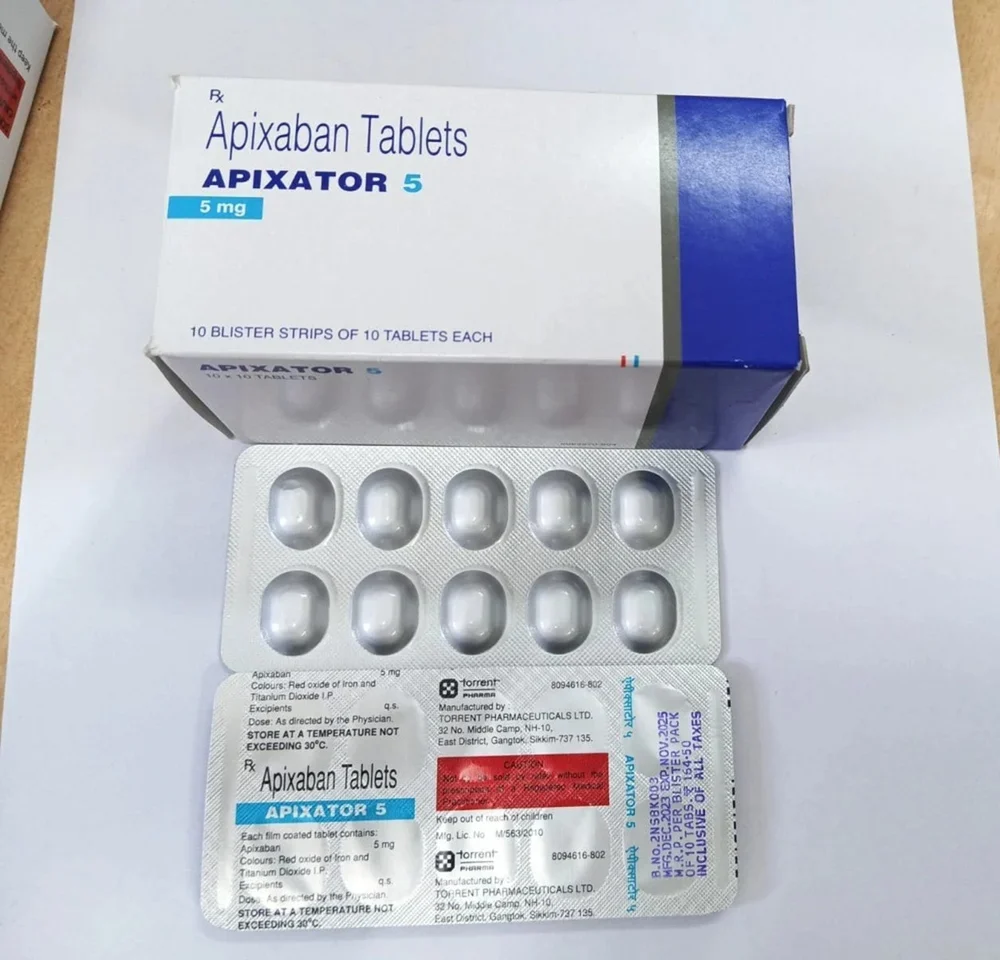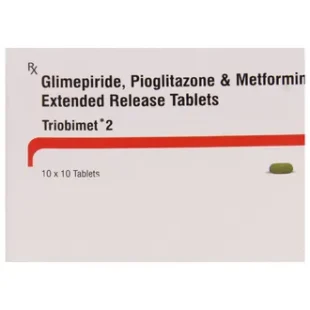- Your cart is empty
- Continue Shopping
Overview
Apixator 5 Tablet is an anticoagulant, often called a blood thinner, that helps lower the chances of harmful clot formation. It works by preventing and treating blood clots that may develop in veins of the legs, lungs, heart, or brain. By reducing clot-related risks, it also plays a role in lowering the likelihood of stroke and heart attack.
Uses
Doctors prescribe this medicine to individuals with irregular heartbeat (atrial fibrillation) to reduce clot formation. It is also commonly given after planned hip or knee replacement surgery to keep clots from forming. The tablet can be taken with or without meals, preferably at the same time daily. In some cases, treatment may need to be continued for several years, or even lifelong.
Precautions
Stopping the medicine suddenly or changing the prescribed dose without consulting a doctor can increase the risk of serious conditions such as thrombosis, heart attack, or stroke. Along with medication, lifestyle choices like regular exercise, avoiding smoking, healthy diet, and weight control further help in prevention.
Possible side effects
The most frequent effect of Apixator 5 Tablet is increased bleeding tendency, which may appear as nosebleeds or easy bruising. Other possible complaints include nausea, anemia, or localized blood collections known as hematomas. Any unusual bleeding should be reported to a doctor at once.
Who should avoid this medicine
It is not suitable for people with severe kidney or liver conditions, those experiencing active bleeding, or individuals already on certain blood-thinning treatments. Breastfeeding mothers are usually advised against taking this medicine, since the drug may pass into breast milk. Unlike older anticoagulants, routine PT-INR testing is generally not needed with Apixator.
How it works
This tablet belongs to a group of newer oral anticoagulants (NOACs). It prevents blood clotting by interfering with clotting activity, keeping blood flow smooth and reducing risks associated with clot formation.
Safety information
Alcohol should be used cautiously with this medicine. Pregnant women require close medical evaluation as the medicine may increase bleeding risks during pregnancy or delivery. Breastfeeding is not recommended. Patients with kidney or liver problems may need dose adjustments depending on severity. Driving ability is not usually affected.
Missed dose
If a dose is forgotten, it should be taken as soon as remembered. If the next scheduled dose is near, the missed one can be skipped. Doubling up to make up for a missed dose is not advised.












Reviews
There are no reviews yet.